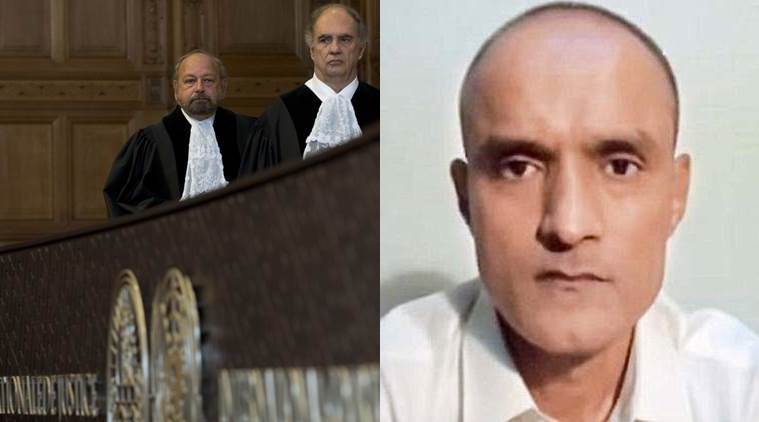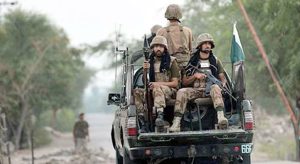Give the devil due credit. The case in point is of Pakistan’s arch rival India which made better diplomatic manoeuvres and built up a perception internationally that Islamabad may soon execute its convicted senior naval official Kulbushan Jadhav on spying charges. This presumably misled International Court of Justice (ICJ) to rush to suspend his execution.
Jadhav was handed down a death sentence by Pakistan’s Field General Court Martial few weeks ago and his execution was nowhere in sight in months to come given the lengthy legal process in Pakistan which Indian government has been pursuing.
This was the precise reason that the ICJ noted in its short order that there is a risk that an execution of Indian spy could occur at any moment and therefore, “In those circumstances, the court is satisfied that there is urgency in the present case.”
Pakistan had its own cogent reasons to argue that ICJ lacks the jurisdiction to arbitrate on the subject. Therefore, Islamabad on March 29 this year withdrew ICJ jurisdiction chiefly on following specific grounds.
1)- Disputes relating to or connected with any aspect of hostilities, armed conflicts, individual or collective self-defense or the discharge of any functions pursuant to any decision or recommendation of international bodies, the deployment of armed forces abroad, as well as action relating and ancillary thereto in which Pakistan is, has been or may in future be involved;
2)- Disputes with regard to which any other party to a dispute has accepted the compulsory jurisdiction of the International Court of Justice exclusively for or in relation to the purposes of such dispute; or where the acceptance of the Court’s compulsory jurisdiction on behalf of a party to the dispute as deposited or ratified less than 12 months prior to the filing of the application bringing the dispute before the Court.
There are, however, serious questions as to why Pakistan delayed its decision to withdraw the jurisdiction of ICJ. Policy markers in Islamabad failed to foresee the direction in which this critically important case could have gone in international legal forums.
That is not the whole truth. Here is more. The fact that both countries are signatories to the Vienna Convention, has played out well for India to flex its legal muscle at ICJ. Legally speaking at the heart of interpretation is Article I of the Optional Protocol to the Vienna Convention, which provides that the Court has jurisdiction over “disputes arising out of the interpretation or application of the [Vienna] Convention”. Therefore, ICJ invoked the jurisdiction of article-1 of Vienna Convention to set aside legal pleas of Pakistan about its lack of jurisdiction to hear Jadhav’s case. Islamabad’s citation about a 2008’s bilateral agreement between two countries on excluding spies from the application of law under Vienna Convention to provide councillor access was also ignored on the basis of article-1.
Had Islamabad also withdrawn ICJ’s jurisdiction of “Article I of the Optional Protocol to the Vienna Convention”, Pakistan would not have suffered legal setbacks to its strong case on how a serving Indian Naval official was engaged in systematic network of espionage through which he on the behalf of his government sponsored terrorism particularly in southwest of the country.
ICJ should have had a Pakistani ad-hoc judge on its panel before it could have ordered to stay the execution of Indian spy. However, in the rush to deliver a favourable verdict to India, ICJ made this known legal practice yet another causality in the administration of justice.
Nonetheless, the legal battle is far from over. Pakistan has a strong case to plead at the end of the day when each and every legal aspect of the case would be deliberated upon in regular hearings.
It is not a just confessional statement of Jadhav which supports Pakistan’s case but his dual passports to say the least. Interestingly he was Hindu in India and Muslim in Iranian border region with Pakistan. And as per flimsy claims by New Delhi, he was only “engaged in a legitimate business of operating ferries from the Iranian port town of Bandar Abbas”.
Such arguments would make more sense in New Delhi than at ICJ during the course of legal arguments in weeks to come.














